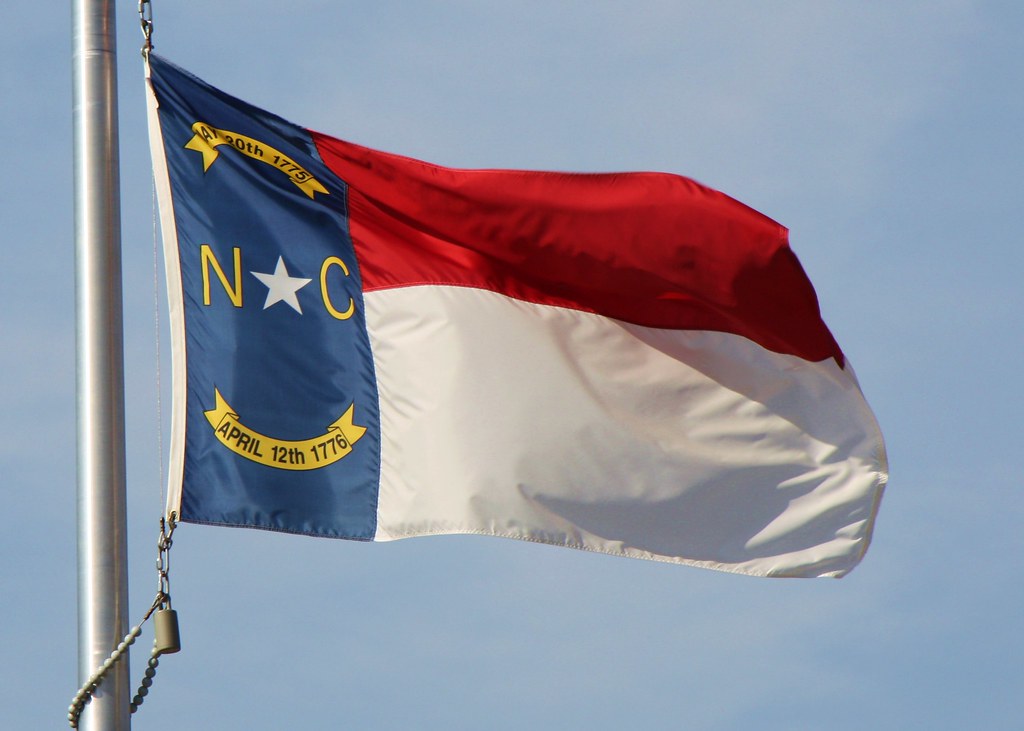The North Carolina Office of Recovery and Resiliency accepted the findings and is working to recover the overpayments
(The Center Square) – North Carolina may be required to repay nearly a half million dollars to the federal government due to overpayments of rent and utility assistance in fiscal year 2022.
Four-term Democratic State Auditor Beth Wood detailed the finding in a Statewide Single Audit Report, one of several involving questioned costs in large federal programs.
In total, the Department of Public Safety made at least $486,808 in overpayments of rent and utility assistance from the Emergency Rental Assistance program. Auditors examined how the program was administered in several ways, and in some cases looked at just a sample of the spending.
Eddie Buffaloe Jr., a Democrat, was appointed by Democratic Gov. Roy Cooper to the Cabinet-level secretary position that leads the department in September 2021 and ran the program the last nine months of the fiscal year.
The Emergency Rental Assistance program offered aid to families who had an income 80% or less than the area median who lost jobs or endured other financial hardships because of the pandemic.
“During the audit period, the Department processed approximately 159,000 individual household applications totaling $635 million in rent and utility assistance payments,” the report read.
Auditors recalculated the $635 million in payments to determine if amounts were within maximum thresholds established by the department, and discovered 25 overpayments totaling $27,015.
Another test of 95 individual household applications totaling $923,000 in payments found three applications did not support the amount paid, resulting in another $26,530 in overpayments.
The biggest issue discovered, however, involved the number of months of financial assistance that was provided, which was supposed to be limited to 15 months.
“Auditors analyzed the database of approximately 114,000 households and identified 31,762 households that could have received more months of financial assistance than allowed,” the report read.
“From the 37,764 households identified … auditors tested 151 households that received $1.8 million in financial assistance. Auditors found that 84 (56%) households received one to 15 more months of financial assistance than allowed, resulting in overpayments totaling $433,262.”
Department officials told auditors the overpayment issues stemmed from either a system programming code error or malfunction. The state auditor recommended officials identify the errors and make the necessary system updates, and to use an alternative procedure in the meantime.
Auditors also recommended additional staff training and monitoring.
The North Carolina Office of Recovery and Resiliency accepted the findings and is working to recover the overpayments, which auditors said may have to be repaid to the federal government.
“NCORR’s Compliance and Business Systems Department are actively working to reconcile the population of awards impacted by the errors identified,” the report read. “NCORR previously began recapture efforts on many of the awards identified during this audit, however, any remaining erroneous awards identified will immediately enter the recapture process.
“In the event any recaptured amounts enter default, NCORR reserves the right to engage federal partners and additional resources, such as collections agencies, to recover the funds.”
Originally published by The Center Square. Republished with permission.
For more from Budget & Tax News.
For more public policy from The Heartland Institute.
